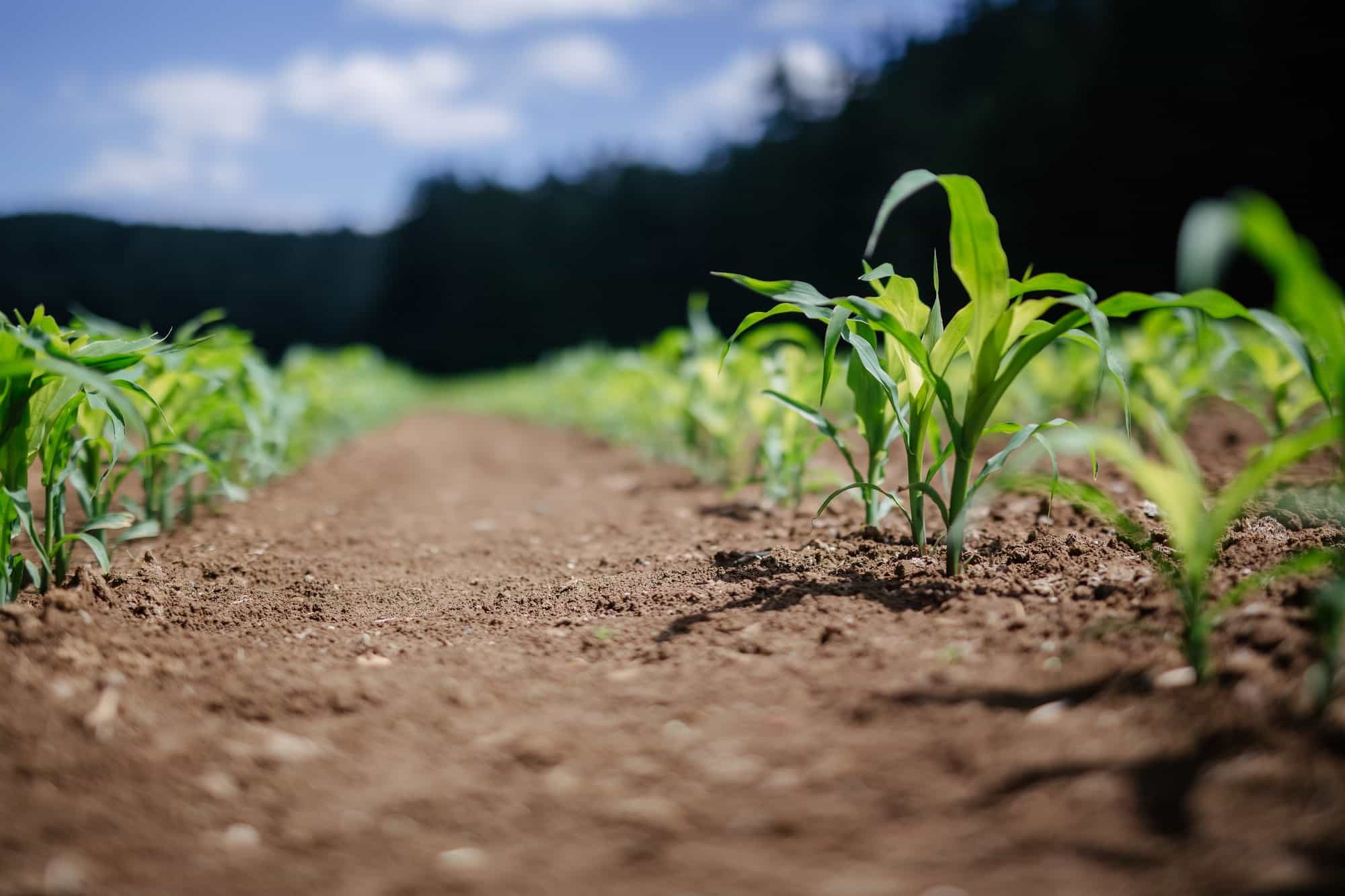
Nigeria has developed a new maize variety capable of resisting pests such as fall armyworms, stem borers and tolerating moderate drought compared to current varieties.
Known as Tela maize, the new variety was developed by researchers from the West African country with the help of international partners. It took a decade to develop the new maize variety.
Vanguard reported that Tela Maize, developed by researchers at the Institute for Agricultural Research (IAR), Ahmadu Bello University, Zaria, also has the potential to increase production to three tons and 30 bags per hectare compared to one ton and 16 bags per hectare currently being produced.
According to Vanguard, the Tela Maize Project in Nigeria is part of an international consortium coordinated by the African Agricultural Technology Foundation, involving Bayer, International Maize and Wheat Improvement Center, and the National Agricultural Research Systems of seven countries, including Ethiopia, Kenya, Mozambique, Nigeria, South Africa, Tanzania, and Uganda since 2018.
Not harmful to the ecosystem
National Biosafety Management Agency Director-General Dr. Rufus Ebegba told Vanguard that the new maize variety was not harmful to the ecosystem.
“The Agency was convinced that there are no known adverse impacts to the conservation and sustainable use of biodiversity, taking into account risk to human health,” Ebegba said.
Institute for Agricultural Research, Ahmadu Bello University, Zaria Executive Director, Professor Ishayaku Mohammed stated to Vanguard that the new variety would save Nigeria N268 billion (USD 65 billion) annually previously used to import insecticides and cut the country’s maize deficit currently at four million tonnes.
“The next step is to further evaluate the performance of this new variety by farmers on their fields in all the major maize growing belts in Nigeria. Thereafter we shall seek another approval by the National variety release committee before making the seeds commercially available for farmers to plant in the 2023 cropping season,” he said to Vanguard.
“This goes to further highlight IAR’s capacity and commitment to providing effective solutions to agricultural problems facing our farmers and optimizing food security for Nigerians. The approval will open the way to combating the devastating effects of both drought and insect pests through the deployment of this new variety of maize into our farming system.”
Staple food for millions
Maize is a major industrial raw material in manufacturing maize meals, stock feeds, snacks, cooking oil, and other products. Maize meal is used in the cooking of Sadza, a thick porridge, which is a staple food in several African countries such as Zimbabwe, Zambia, Malawi, and South Africa.
According to Springer, maize currently covers 25 million hectares in Sub-Saharan Africa, largely on smallholder farms, and it accounts for about 20% of the calorie intake of 50% of the population. In sub-Saharan Africa, maize is the most widely grown crop and is a staple food for an estimated 50% of the population.





